



Here at Mail Order Trees, getting your trees and plants to you quickly and in perfect condition is our top priority. A great feature of our specially designed cardboard boxes is that they are 100% recyclable, which will help to reduce your carbon footprint even further.
We have a standard flat rate charge of £9.95 per consignment (including VAT) to England and Wales so the more you buy, the more you save! Prices for Scotland, Grampian, the Highands can be calculated in the checkout area. Unfortunately we are unable to ship to any other locations aside from these. This means we do not ship to Isle of Wight, Channel Islands, Northern Ireland/Ireland and any Scottish Islands.
Our usual delivery time is up to 7-10 working days. We will, as ever, aim to stick to our usual timescale but please be aware that this may not always be possible. Please take the time to fill out the special instructions box in the checkout area with the details of a neighbour or safe place that your trees can be left. Every effort will be made to make deliveries in this time or on a date requested by you.
Mail-Order-Trees cannot be held responsible for delayed deliveries due to factors beyond our control such as Public Holidays or adverse weather conditions which make it impossible to lift bare-rooted trees. In cases such as these, you will be notified.
We can only deliver to physical addresses and not to PO boxes. A complete address including correct postcode must be provided. Incorrect postcodes cause more delays than omitting the postcode altogether.
Mail-Order-Trees cannot be held responsible for orders not received if an incorrect address is provided. It will also be necessary to give us details of where to place items should you be out when the delivery arrives. Mail-Order-Trees cannot be responsible for items lost if we have followed your instructions. A contact telephone number can also be very useful to our courier.
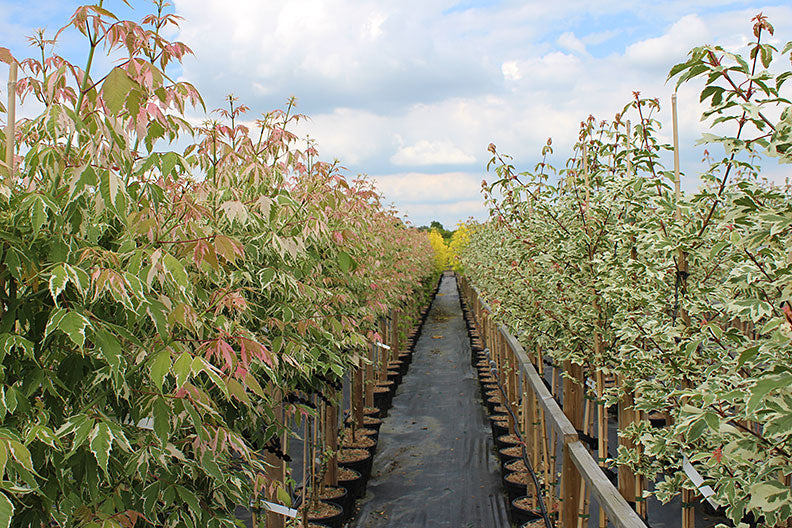

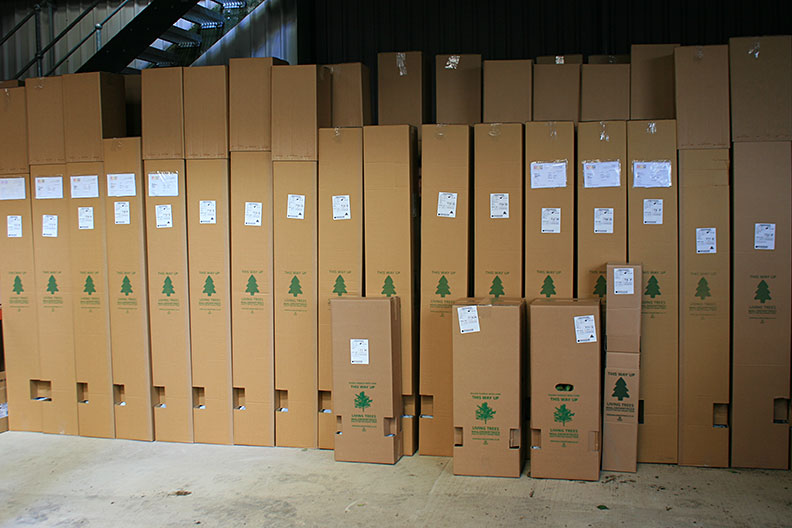
Sorbus aucuparia is a British native that boasts delightful spring flowers, luscious green leaves and a vivid autumnal show of colour from both foliage and fruit: this really is a tree with so much to offer. In spring, the luscious green foliage emerges and brings the tree to life: the leaves are made up of pinnate leaflets that are serrated at their edges and pointed at their tips.
In late spring and early summer, clusters of delicate white flowers appear. The tiny, single, creamy-white flowers pop up all over the tree and are somewhat alluring to bees and insects as they radiate light and sweet scent.
Autumn is by far the most exciting time for the delightful Aucuparia: it puts on a stunning show of colour before the leaves fall for winter. The feathery leaves turn to firey shades of deep red, burnt orange, which adds a real burst of colour to the garden as the dark nights draw in.
At the same time, clusters of dazzling ruby-red berries adorn the branches and the juicy berries are irresistible to birds. The berries can disappear quickly, so if you want the fruit for rowan jelly, pick them as soon as they are ripe to avoid disappointment.
Once mature, this Rowan forms a fairly open and somewhat broad-headed tree: it makes a great specimen but also works well in groups. The Aucuparia, which is widely found across Britain and parts of Europe, is a tree that is tolerant of a range of conditions.
This native Rowan can thrive in a range of soil types, but it does require the soil to be moist yet well-drained. Plant this tree in a sunny spot in your garden to see it flourish. We would recommend planting it alongside the delightful Sorbus Eastern Promise as the rosy pink berries of the Eastern Promise sit beautifully against the glossy red berries of the Aucuparia.
Common Name: Mountain Ash, Quicken tree, Rowan
Latin Name: Sorbus aucuparia
Special features: Attractive red berries in autumn.
Height in 20 Years:

Width in 20 Years:

Growth Habit:
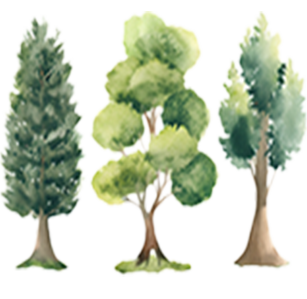
Planting Position:

Weather Exposure:

Hardiness:
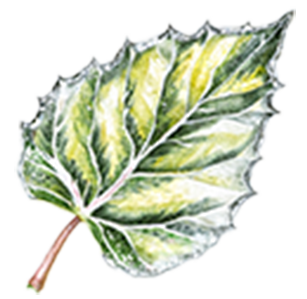
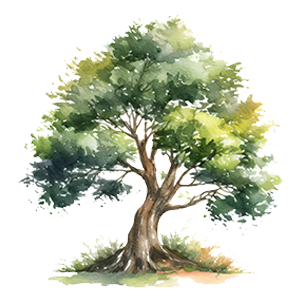
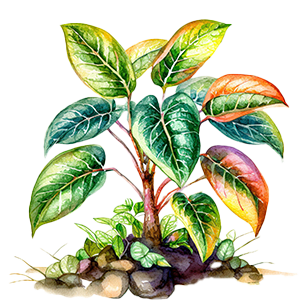

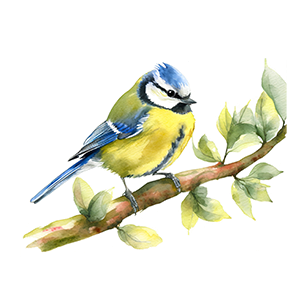
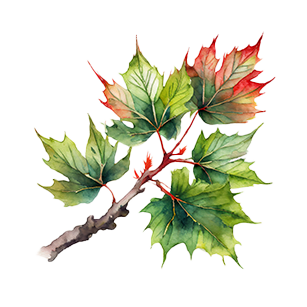
Soil Type:
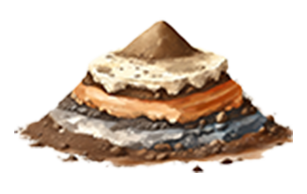
Soil Ph:

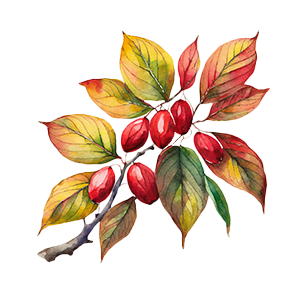
Special Features: